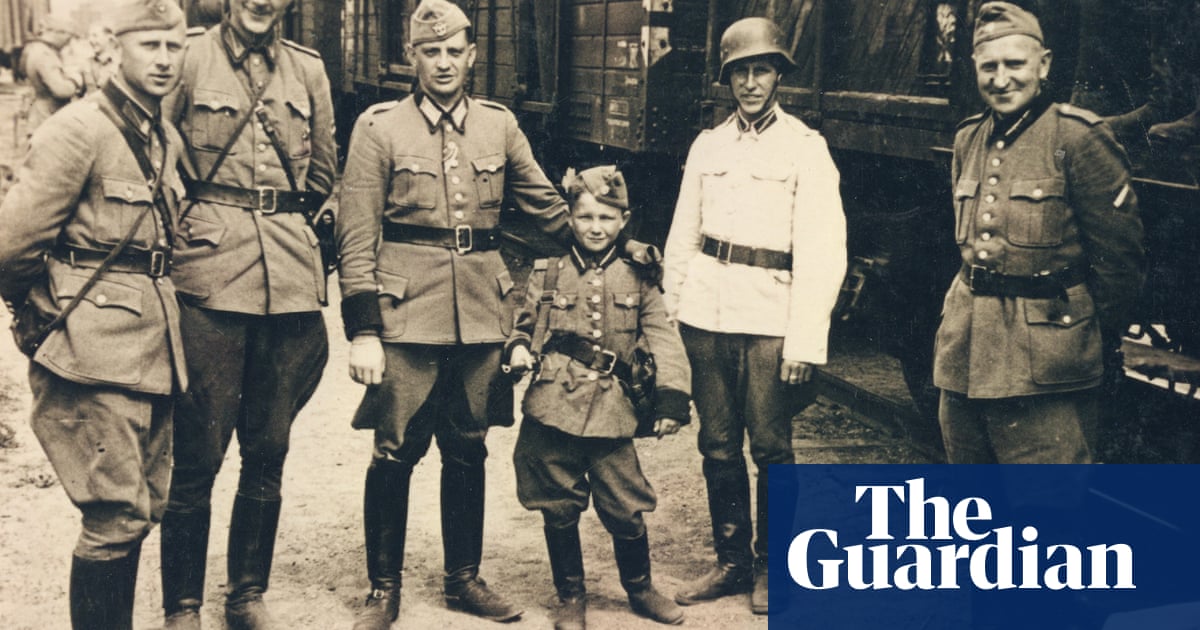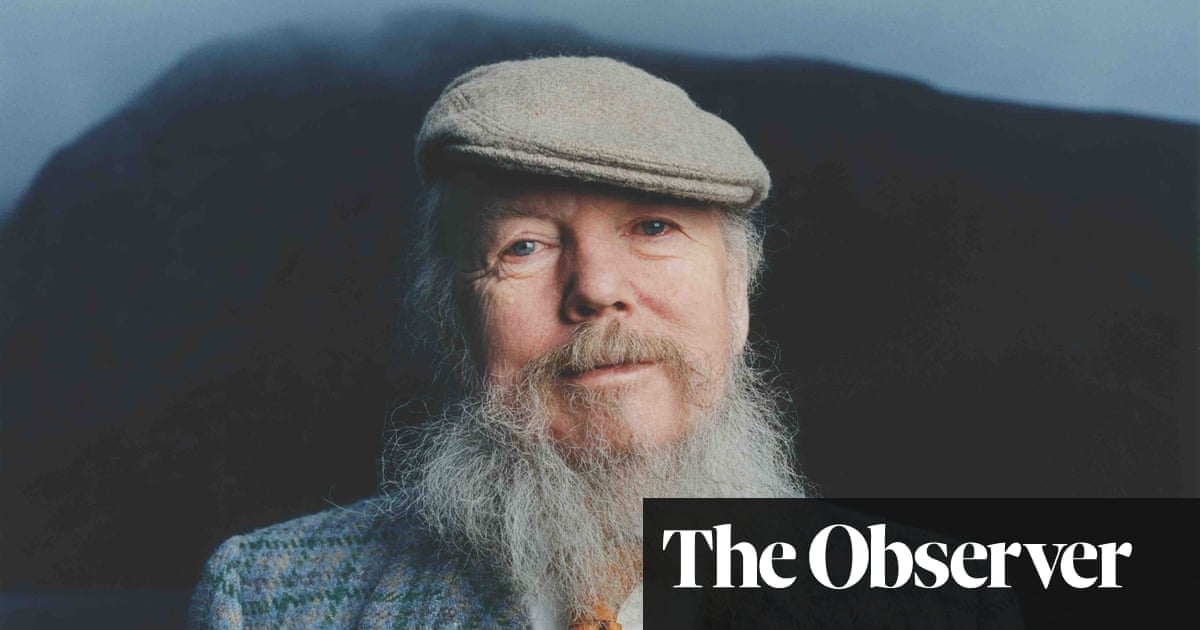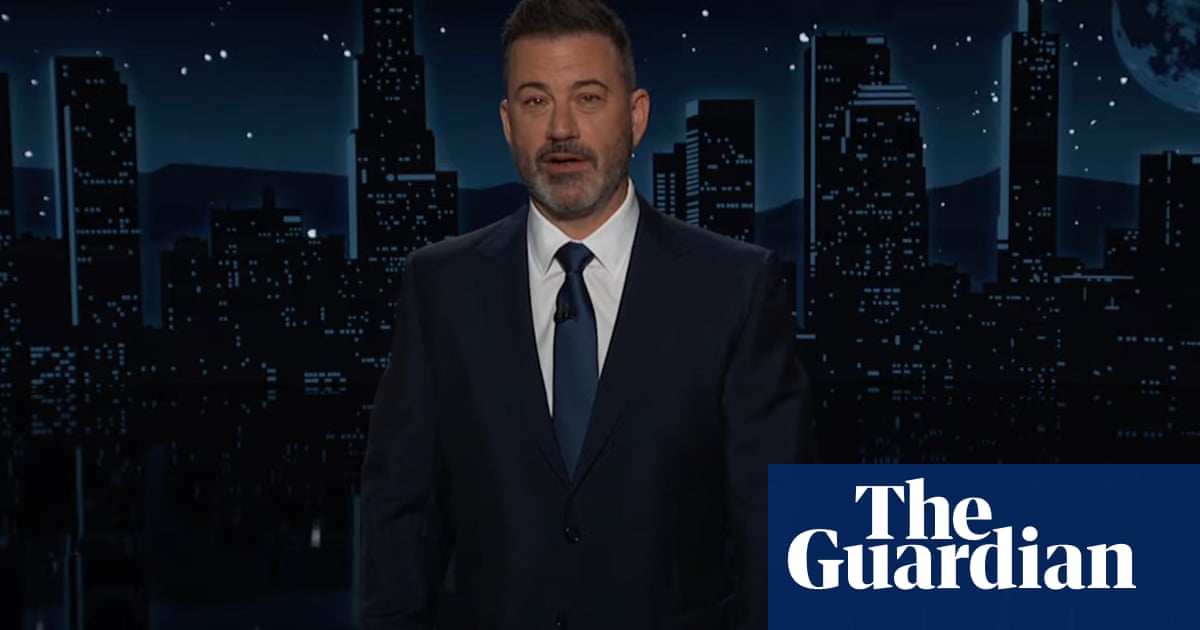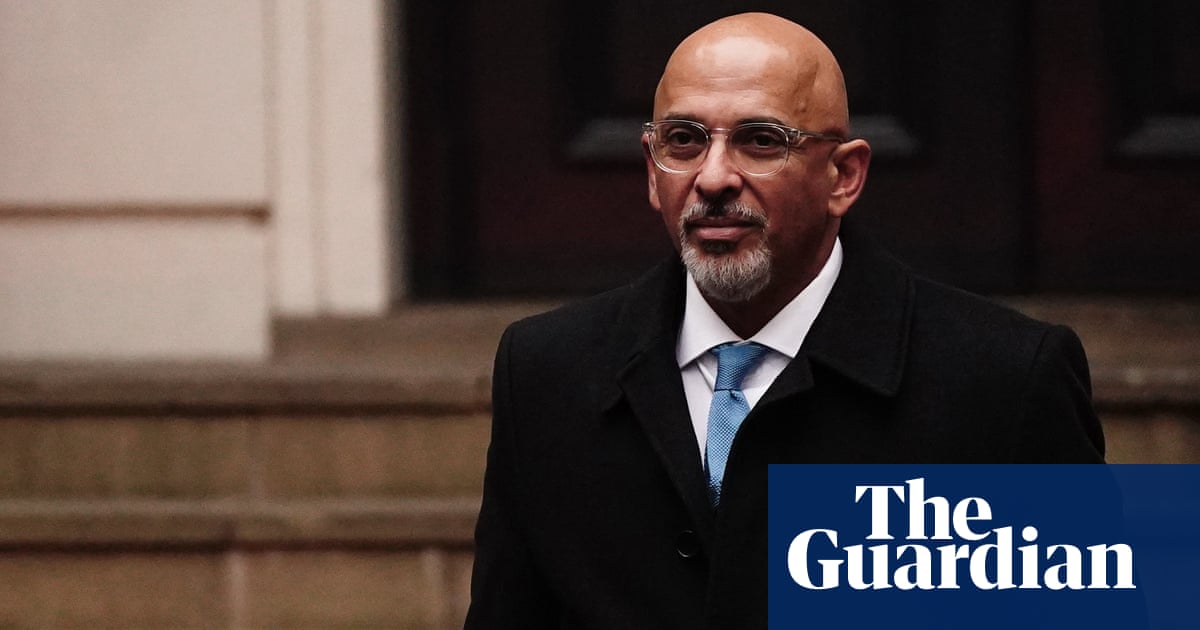
It is a story so remarkable that many struggled to believe it.
A mother tells her six-year-old son that soldiers are on the way to their house to kill them in the morning, and the family will die together. But the little boy does not want to die. Under the cover of night, he escapes the house and hides in the forest, where he watches as the troops round up the inhabitants. From his hiding place among the snow-covered trees, Alex Kurzem – a name he did not go by then – watches as his entire family is massacred.
The boy survives in the Belarus forest, enduring sub-zero temperatures for an unknown number of days, maybe weeks. He forages for food among the strewn abandoned corpses. At night, he ties himself to the high boughs of trees to protect himself from wolves.
Kurzem’s story, which becomes even more extraordinary as it progresses, first became public in the 1990s, was published as a bestselling book in 2007, then accused of being a Holocaust hoax in 2012. The former TV repair man, by then retired and eking out a life on the poverty line in a Melbourne suburb, stood by his story for decades.
Now a new documentary, debuting on SBS on 8 February, delves into the story of how a little Jewish boy could have possibly become “Hitler’s Jewish soldier”.
Returning to the Belarusian wilds, 1942: the emaciated boy is eventually captured by a patrolling soldier from a Latvian police battalion, one of the many paramilitary outfits acting as Hitler’s local Nazi SS enforcers in German-occupied Belarus. He is taken back to the battalion’s base, where it is decided he will be referred to as a “Russian orphan” and become their mascot. A miniature uniform is sewn for his tiny frame and he is supplied with a sawn off shotgun. He is given a new name – Uldis Kurzemnieks – and a new birthday: 18 November, Latvia’s day of independence.
Over the following two years he remains attached to the regiment, witnessing murder and atrocities committed against Jewish people and captured partisans. Throughout these years, the blond blue-eyed boy does as one of his early captors advised: he keeps his own Jewish identity secret.
Sign up for a weekly email featuring our best reads
“Inside I was crying rivers of tears,” Kurzem later remembered, recalling clapping and laughing with the grownup soldiers as he witnessed a young Jewish boy being tortured to death. But, casting his memory back to his fight for survival in the Belarus forest, he said: “I would have gone with the devil if he had taken me by the hand.”
As the war progresses, the battalion is absorbed into the Third Reich’s Waffen-SS. When Soviet troops begin to regain ground from Germany in occupied Estonia and Latvia in 1944, the boy is billeted for his own protection with the middle-class family of Riga factory owner, Jekabs Dzenis. The Dzenis family adopts him and, in 1949, they migrate to Melbourne together.
All the teenage Kurzem brings with him to Australia is his fake identity, a tattered leather suitcase – the contents of which would remain hidden for decades – and a deeply scarred psyche.
Dan Goldberg, the film-maker behind Hitler’s Jewish Soldier?, first got to know Kurzem when he was the editor of the Australian Jewish News 20 years ago.
“He was a highly traumatised individual and he was living in borderline poverty,” Goldberg says. “He had shut off his memories of the war for 50 years and kept it a secret. When he finally started telling his story, he was met with resistance from both sides. He had been living his life as a Latvian in Melbourne, and when he revealed his Jewishness, he was accused of being a fraud by both the Jewish community and the Latvian community. I think it was incredibly hard for him to take.”
In 2007, Kurzem’s eldest son Mark published the story of his father’s life as a bestselling memoir titled The Mascot. Crucial to The Mascot’s narrative were two sepia photographs of a little blond boy dressed in a Latvian SS uniform, photographs that Kurzem had secreted away in that battered suitcase for decades.
The book attracted international attention. There was talk of a Hollywood film deal; Anthony Hopkins and Robin Williams’ names were tossed about. But Maris Lakis, a descendant of the Dzenis family, was furious that they were portrayed as being well-to-do Nazi supporters prior to migrating to Australia. He demanded Penguin pulp the book – but it was published anyway.
Lakis was raised regarding Kurzem – who he knew as Uldis – as a kindly adoptive uncle. In the film he alleges that Mark, who has since died, had “embellished a highly false story”.
In 2009 60 Minutes in the US ran a story on The Mascot. Watching at home in Los Angeles, alarm bells rang for the US academic Dr Barry Resnick, himself a descendant of Holocaust victims.
Together with the US forensic genealogist Colleen Fitzpatrick, who had exposed a number of previous Holocaust hoaxes, the pair set out to prove whether Kurzem’s story was false.
Much of Goldberg’s documentary deals with the pull and tug on both sides. A Belarusian family previously believed to be related to Kurzem are later found to not be related to him at all. Kurzem, for many years, stubbornly refuses to take a DNA test for reasons that aren’t ever clear.
It is not until a Nazi propaganda reel from 1943 resurfaces, showing footage of a boy referred to as “the mascot”, playing with Aryan children. Further research uncovers records of a massacre that took place in 1942 in the Belarus village of Koidanov – one of only two Belarusian words Kurzem was able to recall as an adult.
And then: the diary of a soldier in the 18th Kurzeme Police Battalion, held by Stanford University, is examined. On 12 July 1942, the soldier records, his battalion picked up a “foster son whose parents are unknown”. The boy was given the name Uldis Kurzemnieks.
Goldberg concedes that there are still many unanswered questions surrounding the enigmatic Alex Kurzem. How did such a little boy manage hide his Jewish identity? Why did Kurzem refuse to take a DNA test for so many years? He did finally do one in 2019 – and the test revealed that he was 100% Ashkenazi Jew and had living relatives.
An answer to the latter question could very well be undiagnosed PTSD. “I still feel like I’m two persons in one body, and they’re not getting along very well,” Kurzem once told a family member.
“I think what we can say with certainty is that the essence of Alex’s story is true,” Goldberg says. “The final irony was that he survived the horror of the Holocaust – and was felled by the scourge of Covid.”
Alex Kurzem died of complications from Covid-19 on 31 January 2021.
Hitler’s Jewish Soldier? is the first documentary in the new season of SBS’s Australia Uncovered, premiering on SBS and SBS On Demand on 8 February












